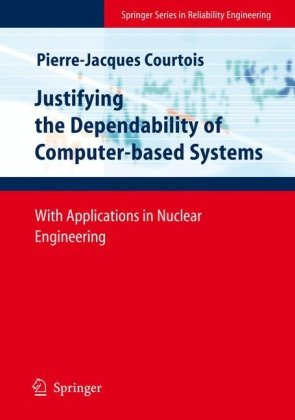

Most ebook files are in PDF format, so you can easily read them using various software such as Foxit Reader or directly on the Google Chrome browser.
Some ebook files are released by publishers in other formats such as .awz, .mobi, .epub, .fb2, etc. You may need to install specific software to read these formats on mobile/PC, such as Calibre.
Please read the tutorial at this link: https://ebookbell.com/faq
We offer FREE conversion to the popular formats you request; however, this may take some time. Therefore, right after payment, please email us, and we will try to provide the service as quickly as possible.
For some exceptional file formats or broken links (if any), please refrain from opening any disputes. Instead, email us first, and we will try to assist within a maximum of 6 hours.
EbookBell Team

5.0
88 reviewsWhat evidence is sufficient to justify the release of a computer-based safety critical system? How should this evidence be presented to certification bodies or regulatory authorities? What best practices should be applied? These are just a few of the questions addressed by Justifying the Dependability of Computer-based Systems, which provides a framework for the justification of the dependability of a computer-based system. The book also explores some of the more fundamental aspects of safety evaluation, such as the nature of models, arguments, evidence and documentation, and the ways to deal with different types of risk and uncertainty.
Justifying the Dependability of Computer-based Systems will be of value to software, computer system, instrumentation and control engineers, and regulators working in industry sectors such as nuclear safety.
Pierre-Jacques Courtois is a Professor in the Department of Computer Science and Engineering at the Catholic University of Louvain-la-Neuve, with particular research interests in safety-critical software for the nuclear industry. He has more than fifteen years experience in the nuclear safety industry, having worked as a nuclear safety advisor in Finland and the UK, and as a consultant to the International Atomic Energy Agency (IAEA) and the Organisation for Economic Co-operation and Development (OECD).